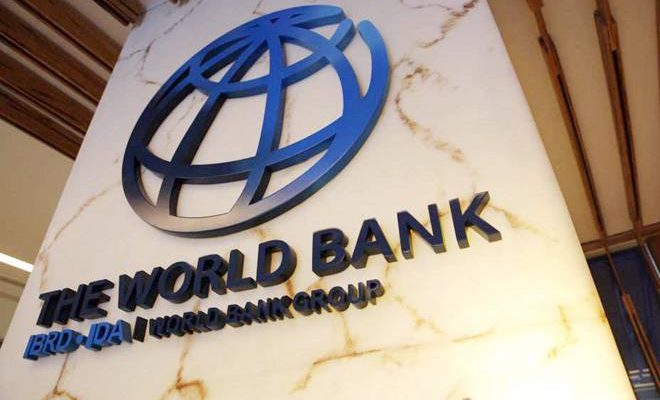Days after the National Assembly (NASS) accented to the payment of N4trillion for fuel subsidies, the president of the World Bank Group, David Malpass, has called on the federal government to rethink its decision on subsidy.
This is as he said the multiple exchange rate system being run by Nigeria is not effective in attracting investments into the country. Malpass, while fielding questions yesterday at the ongoing World Bank/ IMF 2022 Spring Meetings holding virtually noted that “generalised subsidies have significant negatives.
“One is that they are expensive because they go to everyone and they are often taken more used by people with upper incomes than by people with lower incomes so they are not targeted. So, we encourage that when there needs to be a subsidy for either food or for fuel, that it be carefully targeted for those most in need. And so, we have encouraged Nigeria to rethink its subsidy effort.
“Also, two other things I would mention on Nigeria is that it runs a multiple exchange rate system, which is complicated and is not as effective as it would be if there were a single exchange rate. The most useful thing for developing countries is to have a single exchange rate that is market base, that is stable over long periods of time as that attracts investment and it also means that there’s discipline within the country’s fiscal policy so that would help.
“Nigeria also has trade barriers that distort trade flows, and that could be improved substantially in order to help the people in Nigeria move forward. I would take note of the complicated situation that they face where there are weapons flowing into northern Africa that find their way into to non-Nigerians that create violence in Nigeria. This is a very challenging situation that the government faces. I think all over the world, people should have an understanding of the fragility that is facing several parts of the world but in particular the Sahel and the Sub-Saharan Africa area where the weapons flow from outside of Africa is putting a great burden on governments around the continent.
“Nigeria has huge opportunity because of its natural resources and because of its people, and I think could see its growth accelerate with improvements in policy.” On attracting investments as well of provision of debt instrument and debt sustainability, Malpass said “countries should, should put in place policies that are strong and that attract investment by their own citizens and by foreigners. Some of those can be revenue mobilisation policies, but very important, they should be growth policies, and they should attract private sector investment.
“There’s been a tendency to have too much emphasis on government led investment, which doesn’t end up adding to the competitiveness and the productivity as much as it should if it were less centralized.
” So, I think those steps are important. As far as eurobonds, that the challenge is for governments to use the proceeds very effectively now, if they borrow. A giant conflict of interest is that sitting governments are able to borrow and then future governments and the people of their countries have to pay back the borrowing. Remember, when you borrow principal, you only get to do it once, even if you roll over at 0 per cent interest rates into the future, which isn’t actually available for developing countries.
“If you roll over at a low interest rate, you still are not able to borrow the principal. Again, it’s only a one-time supply of money and that has to be used very effectively. And my worry is that hasn’t been the case in certain countries and they are left with unsustainable debt. It is important that we have prompt early resolution processes for unsustainable debt. And we’re working on that with the IMF collaborating and encouraging the G20 to move quickly in that regard,” he stated.



